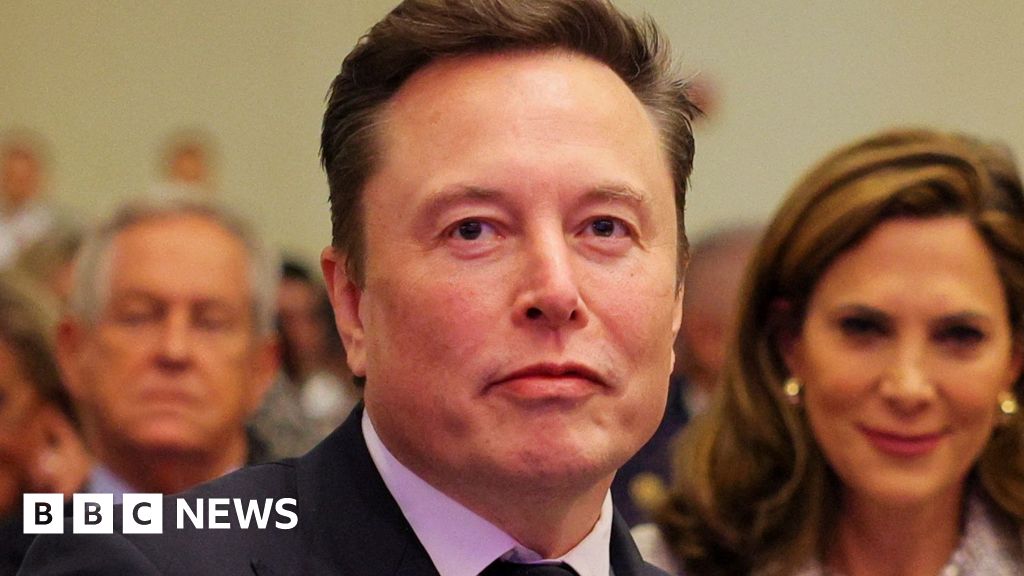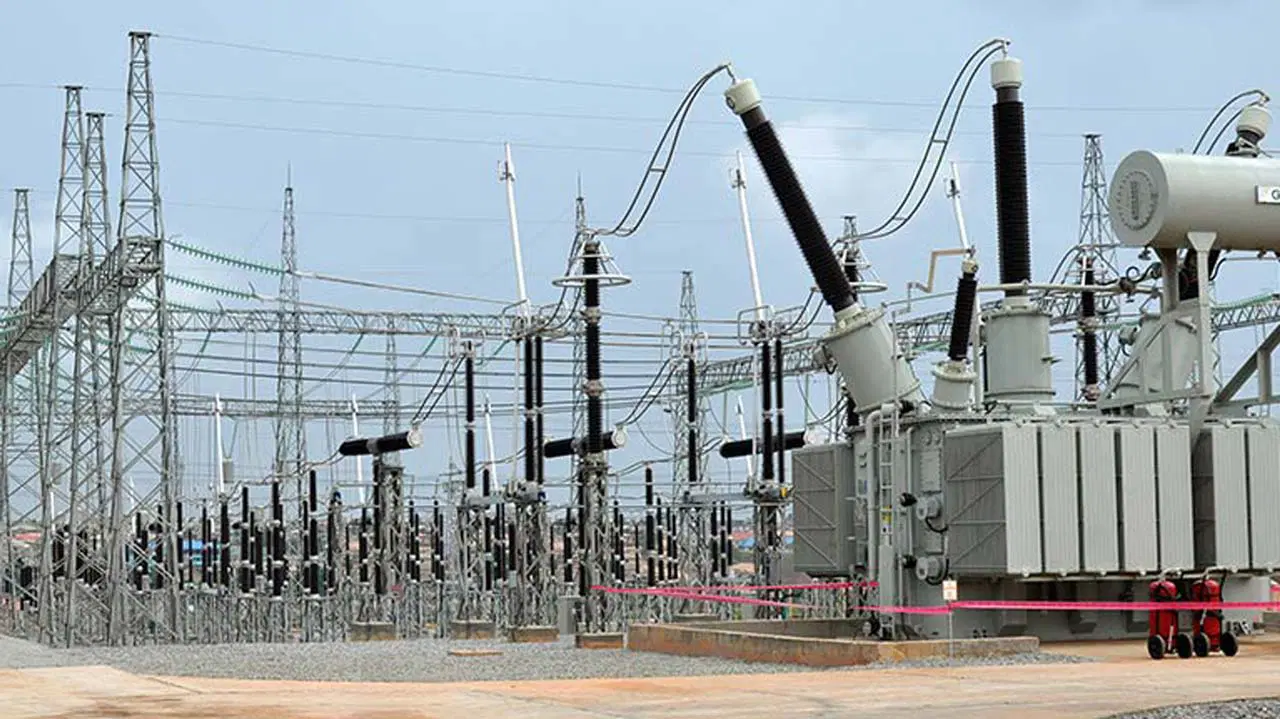 The clear underperformance of the defunct National Electricity Power Authority (NEPA) led Nigerians to derisively play on its acronym. It was variously said to be “Never Enough Power Available”; “Never Expect Power Always”; and “No Electric Power at All”
The clear underperformance of the defunct National Electricity Power Authority (NEPA) led Nigerians to derisively play on its acronym. It was variously said to be “Never Enough Power Available”; “Never Expect Power Always”; and “No Electric Power at All”
When it changed its name to the Power Holding Company of Nigeria (PHCN) Nigerians said the abbreviation stood for: “Problem Has Changed Name”; “Power Holding Confused Nigerians”; and “Power Hoarding Company of Nigeria” When it became a public liability company, (PLC) Nigerians said the PHCN was advising Nigerians to “Please Light Candle”.
However, privatisation in 2013, simply worsened the power situation. It became the greatest disaster that has befallen Nigeria since the end of the Civil War. The Obasanjo administration reportedly spent N3.52 trillion ($16 billion) on electricity. The Yar’Adua administration expended N1.183 trillion. The Jonathan administration, N1.183 trillion; and the Buhari administration, N1.5 trillion. The Tinubu administration is following in their steps.
In 2018, the World Bank (WB) the African Development Bank (AfDB), the Japan International Cooperation Agency (JICA), invested $1.6 billion; and the French Development Agency committed $170 million to the sector. The WB gave another $486 million; JICA, $238; and AfDB $710 million plus 25 million Euros, for improvement of electricity transmission. Also, the European Union and JICA respectively gave a grant of 25 million Euros and $34 million to the Transmission Company of Nigeria.
Despite these, as at 2019, some 90 million Nigerians lacked access to electricity. This situation has worsened with the 330.8 per-cent increase in electricity tariff. Operations are carried out in hospitals using flashlights, lamps and candles. The Premium Times report of 19 October, 2019 said there are children who have “never seen electricity since birth.” Many Nigerians have long been disconnected from electricity because they rejected excessive estimated billings or refused to pay for darkness.
Many businesses have been crippled with the manufacturing sector finding it difficult to survive or compete internationally. Many tertiary institutions and government establishments ration electricity while some do not even have the funds to pay for power supply. Some African countries derisively refer to us as the “Generator Republic of Nigeria”
In the 2020 book The Light in the Tunnel May be an Oncoming Train: A Study of the Privatisation of Electricity Power Sector in Nigeria co-authored by Owei Lakemfa and I, we foresaw the disaster that is privatisation.
Nigerians need credible journalism. Help us report it.
PREMIUM TIMES delivers fact-based journalism for Nigerians, by Nigerians — and our community of supporters, the readers who donate, make our work possible. Help us bring you and millions of others in-depth, meticulously researched news and information.
It’s essential to acknowledge that news production incurs expenses, and we take pride in never placing our stories behind a prohibitive paywall.
Will you support our newsroom with a modest donation to help maintain our commitment to free, accessible news?
We noted that the defunct NEPA/PHCN, at least, connected all power stations and sub-stations by a transmission network to the national grid. It rolled out 11,000 kilometres of transmission line throughout the country. It installed and distributed electricity infrastructure like transformers, poles and cables, in many urban and rural areas to ensure even distribution of electricity.
We noted that Government hospitals and universities were given preferential treatment in electricity supply.
Apart from appointing manifestly incompetent managers, governments began killing NEPA from 1980 to 2000 by repeatedly underfunding it. This made it impossible for the company to undertake major overhaul of plants, build new power stations, and provide electricity infrastructure like transformers. When in 1988, senior NEPA staff went on strike to protest this underfunding, the Babangida regime sentenced eleven of them to life imprisonment.
While being critical of NEPA’s underperformance we knew privatisation was a far worse disaster. We knew the privatisation of NEPA was simply a large-scale primitive accumulation; the legalised seizure or robbery of the collective property and resources of Nigerians.
In the book funded by the Friedrich Ebert Stiftung Foundation, we posited that privatisation is a weapon of the West used in the underdeveloped countries, in alliance with local elites, to reverse the gains of the independence struggles, and subvert their efforts “to collectively own and control their economies and polities.”
We insisted that state monopoly should, under no circumstances, be replaced by private monopoly capitalism. We agreed that monopoly of any kind can be injurious to society. But, like Adam Smith, we submitted, that where the interests of the private sector will disastrously affect the masses of people, the state should, in the interest of equity, fair-play, justice, and development, rule in the favour of the majority.
We disagreed with those who justified the privatisation of electricity on the grounds that the West did it. We argued that, unlike the West, Nigeria is an underdeveloped, semi-industrialised and poverty-stricken country, with huge armies of unemployed and underemployed youths. That, whereas the West has a relatively independent judiciary capable of calling the ruling elites to order, the opposite is the case in Nigeria.
We further argued that, while the West has strong regulatory institutions, capable of checking the excessive greed of the private sector for profits, the reverse is the case in Nigeria. In fact, Nigerian regulatory bodies are known for rationalising and defending the interests of the private business rather than that of society, on the grounds of “not scaring away foreign investment” or sending “a bad signal to the international community.”
We maintained that the provision of affordable and stable electricity is a human right, which will enable Nigerians to defend democracy and develop the country. We stated that: “Electricity is to [modern] society what blood is to human beings”; that it is the “life wire of modernism”, the “oxygen of industrialisation”, and “the propelling force for development”. Electricity, we argued, fires businesses; lightens houses, offices, schools, hospitals, and the environment; charges our cell-phones, computers, etc.; and blends our foodstuffs.
We pointed out that it powers infrastructure like telecommunications, airports, seaports and buildings. Also, that amongst other things, it simplifies work processes by reducing the energy and hours required in the production of goods and services.
So fundamental is electricity that Vladimir IIyich Lenin, the philosopher who led the 1917 Bolshevik Socialist Revolution in Russia, redefined communism as: “Soviet [workers] power plus the electrification of the whole country.” His logic was that electricity “will provide a link between town and country, will put an end to the division between town and country, will make it possible to raise the level of culture in the countryside and overcome, even in the most remotest corners of the land, backwardness, ignorance, poverty, disease and barbarism.”
In the first place, it was morally, politically and constitutionally wrong for government to seize state enterprises, fund same, and hand them over to few individuals, who in turn would be crudely exploiting Nigerians in the name of ‘privatisation.’ Worst still, are the acts of giving bailouts to the privatised electricity companies and collecting foreign loans to fund them.
The way forward is for government to completely de-privatise the sector. Let the state, and the private sector, within and outside Nigeria, invest their finances and resources in the generation, transmission and distribution of electricity. Let all be subjected to the same rules, regulations and laws. It is only then the past crises and current disaster of electricity, become part of Nigeria’s ‘story-story’.
Ahmed Aminu-Ramatu Yusuf worked as deputy director, Cabinet Affairs Office, The Presidency, and retired as General Manager (Administration), Nigerian Meteorological Agency, (NiMet). Email: aaramatuyusuf@yahoo.com
Support PREMIUM TIMES' journalism of integrity and credibility
At Premium Times, we firmly believe in the importance of high-quality journalism. Recognizing that not everyone can afford costly news subscriptions, we are dedicated to delivering meticulously researched, fact-checked news that remains freely accessible to all.
Whether you turn to Premium Times for daily updates, in-depth investigations into pressing national issues, or entertaining trending stories, we value your readership.
It’s essential to acknowledge that news production incurs expenses, and we take pride in never placing our stories behind a prohibitive paywall.
Would you consider supporting us with a modest contribution on a monthly basis to help maintain our commitment to free, accessible news?
TEXT AD: Call Willie - +2348098788999


















 English (US) ·
English (US) ·